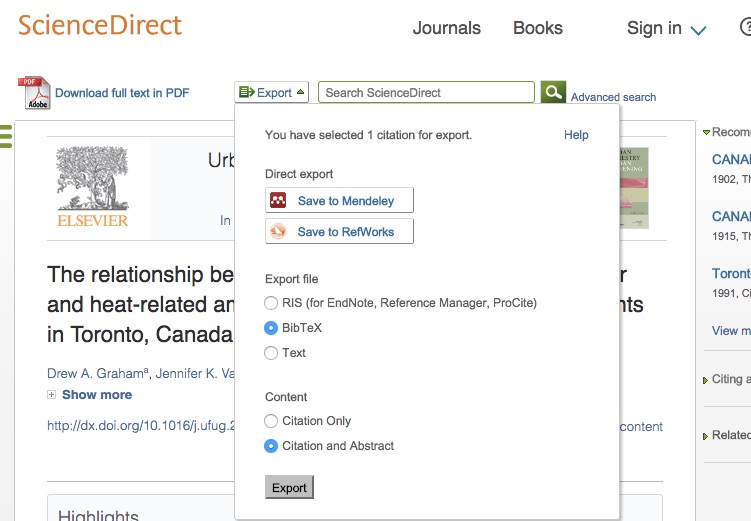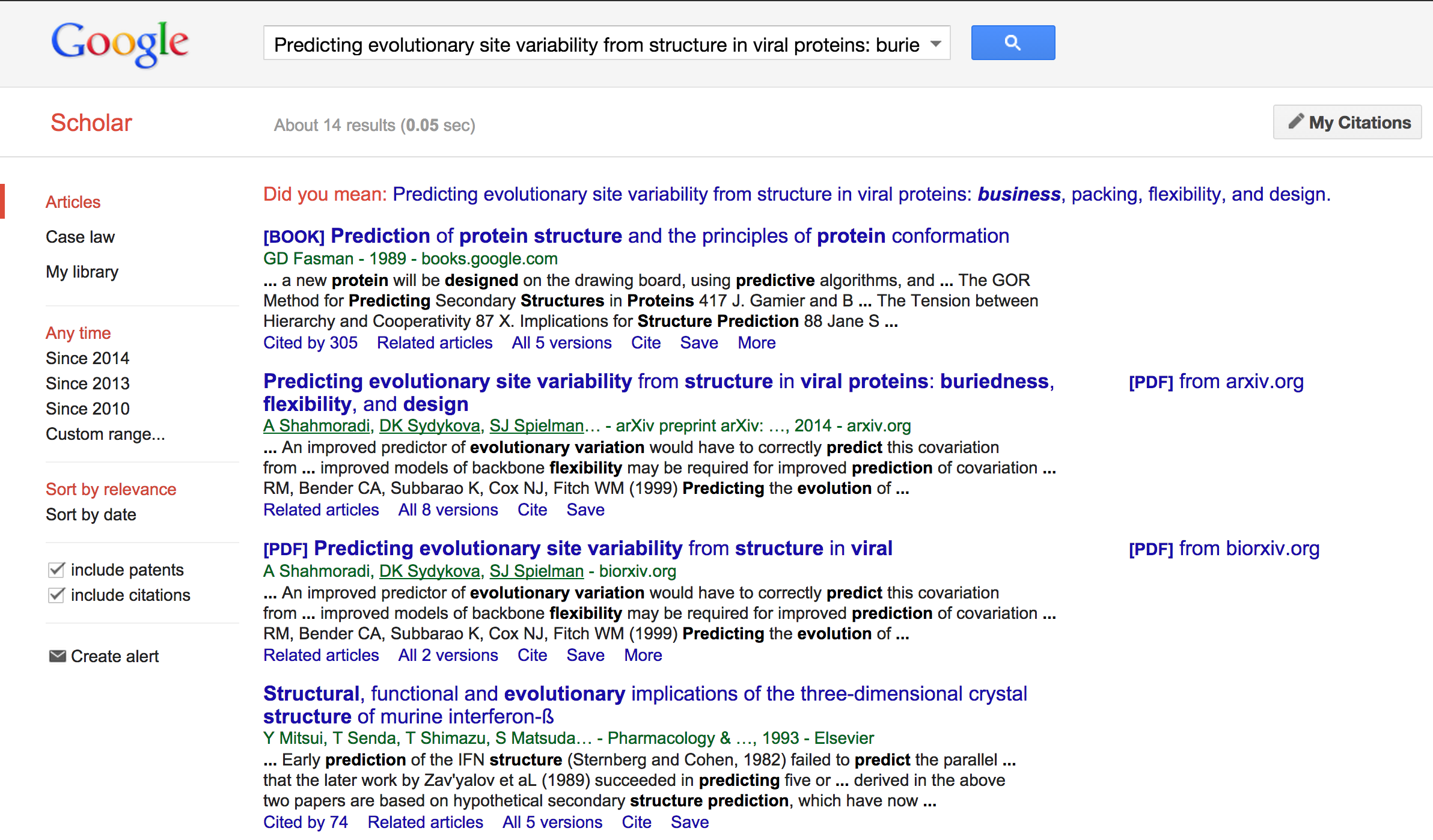

The Zotero and LaTeX page of our Zotero web guide summarises the main things to know to use Zotero with LaTeX. Classic Anglo-Saxon styles, such as the Chicago or the Harvard styles, are also available. (BibLaTeX uses this same syntax.) This database can be referenced in any. Of course, there are many different bibliographic styles available, for various fields, journals or languages: numeric styles (with just a number inside square brackets in the text, and a list of references at the end of the document or chapter) generally used in STEM fields, or author-date styles, more commonly used in economics or the social sciences. BibTeX provides for the storage of all references in an external, flat-file database. An extension called Better BibTeX for Zotero makes it even more compatible with BibTeX, by automatically creating citation keys for the documents, or synchronizing the BibTeX files with the Zotero library.
#Use bibdesk and google scholar windows
BibDesk works only on Mac, while JabRef works on MacOS, Windows and Linux.īut even if Zotero uses another format, it can easily export files in a BibTeX format. JabRef and BibDesk are using BibTeX as their native formats, which makes them of course particularly interesting for LaTeX users. All three are open source and can create BibTeX files. They can alternatively use a citation manager such as Zotero, JabRef or BibDesk. They can either export the references directly in a BibTeX format from many databases (including Google Scholar, NBER, or the Graduate Institute Repository), and paste them in their. The citation key is lariviere_oligopoly_2015.įor obvious reasons, most users prefer to avoid entering the metadata manually. tex file, using a citation key which identifies them.Ī BibTeX bibliographic entry can look like = ,

bib extension, which will be included in the same folder as the main. The references are put in a separate file with a. One of them, called BibTeX, was built to help users to cite their sources. Several additional tools have been created to make the use of LaTeX (slightly) easier. This is why researchers using maths (mathematicians, economists, physicists and more) usually adopt it. LaTeX is particularly convenient for mathematical expressions. It separates the document from the style, so it is easier to change the appearance of the document. The main difference between LaTeX and a text-processing program like Word, LibreOffice or Pages, is that the LaTeX users enter plain text, without formatting, and the formatting is done by a LaTeX compiler.

LaTeX is a markup-based tool to create documents. How can they cite their sources? Our citation managers specialist Catherine Brendow has some clues. Economists (and others) at the Graduate Institute need a tool such as LaTeX to insert mathematical expressions in their thesis. Now Search log events and configuration files using AJAX and a browser.Sometimes Word or Libre Office just won’t do. Still grepping through log files to find problems? Stop. This SF.net email is sponsored by: Splunk Inc.
#Use bibdesk and google scholar download
> Download your FREE copy of Splunk now > > Now Search log events and configuration files using AJAX and a > Still grepping through log files to find problems? Stop. > This SF.net email is sponsored by: Splunk Inc. > I guess Google does not like being scraped? > And answering the captcha below it doesn't help. > We apologize for the inconvenience, and hope we'll see you again > or spyware remover to make sure that your systems are free of > network has been infected, you might want to run a virus checker In the meantime, if you suspect that your computer or > We'll restore your access as quickly as possible, so try again but your query looks similar to automated requests from a > However after trying a few successful queries (maybe 6-8 overall) > headers, like originating application info? It seems they block you when you're doing too > On 9-Nov-07, at 2:54 AM, Christiaan Hofman | That is, when the user clicks on items in the second pane. > change the scraper to only request the pages with the BibTeX upon > It could just be the fast sequence of requests for the BibTeX Idea, since the format is usually subject to change) Rewritten to scrape the HTML directly (which is also usually a bad On many websites such as library catalogs, PubMed, Google Scholar, Google Books. For example, the "related links" for a piece might look like Īs for decreasing the number of requests: My guess is that the scraperĬurrently depends upon the BibTeX links, and would have to be BibDesk helps simplify using a bibliography in other applications and is. "Related Links" URL in each entry to craft a URL that leads to theīibTeX. Haven't set their BibTeX preference in Google Scholar is to use the Another option to get this to work more consistently for users who


 0 kommentar(er)
0 kommentar(er)
